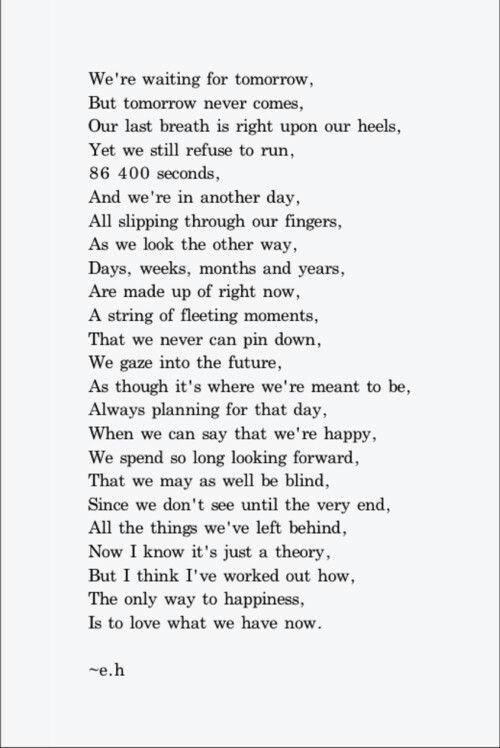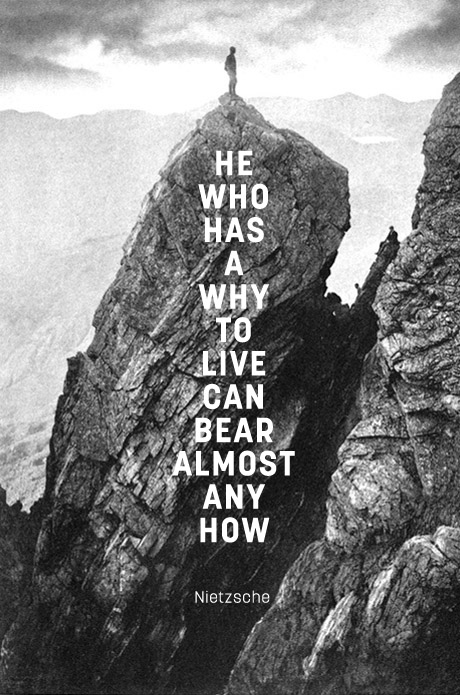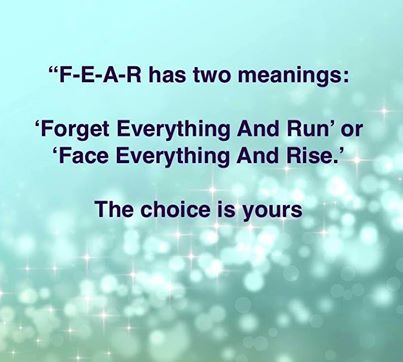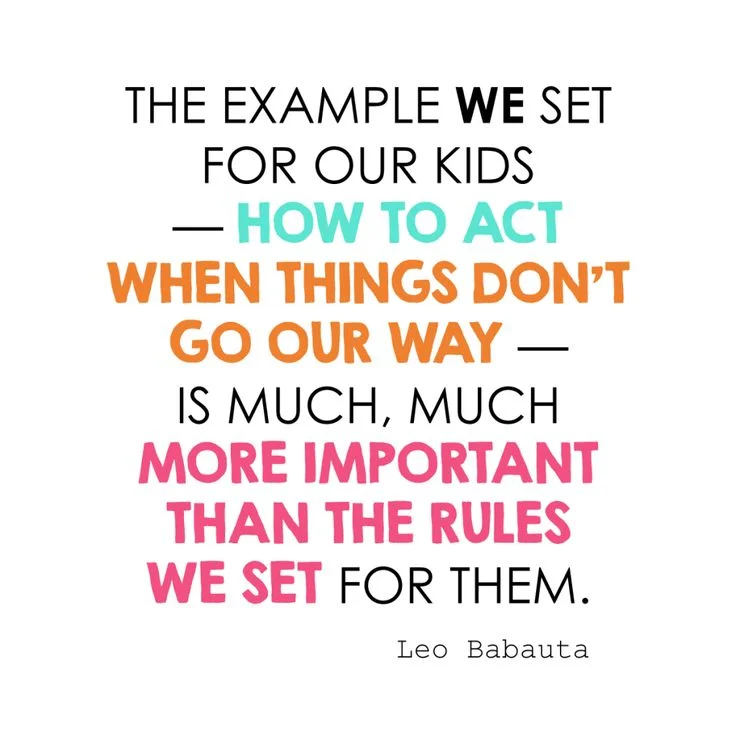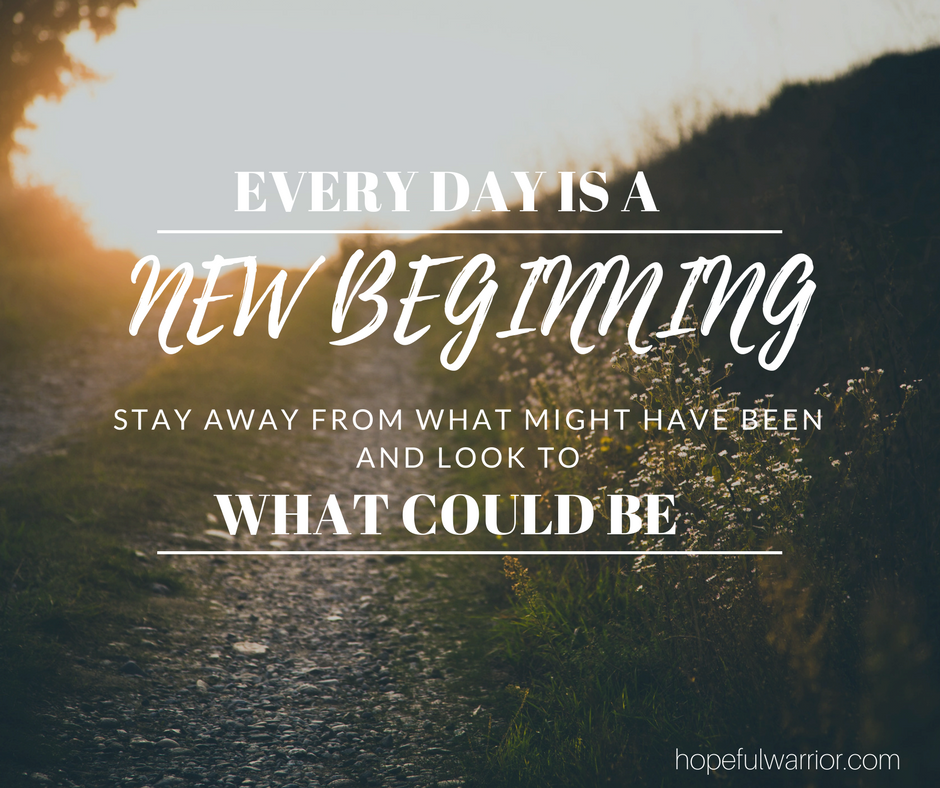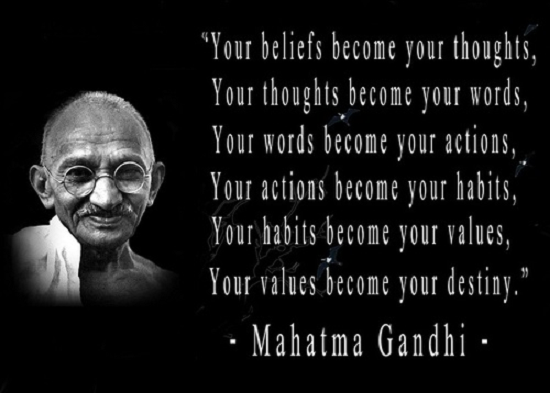It has almost been a month since my last chemo. I finally feel like the fog of treatment is lifting, and life has begun to return to a sense of normalcy. Now that the predictable uncertainty of treatment is over, I’ve had time to reflect on these past 9 months since I learned I had cancer.
I say predictable uncertainty because treatment offered a predictable routine, however, in the back of my mind, I was always wondering if my symptoms would get progressively worse as time went on. There were days of constant nausea and vomiting. I’ve been so weak I’ve been unable to stand upright, spending most of my day hunched over in distress due to excruciating stomach pains. There were embarrassing times, like having to puke in a Ziplock bag in an elevator full of people. (Yes, really!) There were also amazing times like learning I was in remission halfway through treatment. There were times when I was humbled and awestruck by the outpouring of support for my family.
Getting diagnosed with a serious illness or experiencing a loss or trauma forever changes you. Your world gets shaken to its core. Sure, the world keeps spinning, yet life will never be quite the same. Here are eight lessons I’ve learned through my journey with Stage 3 Hodgkin Lymphoma:
1. Our struggles can lead us to our strengths. Sometimes the worst things that happen to us put us on the path to the best things that will ever happen to us. I’ve learned that when life rips you to pieces, you get to decide how to put yourself together again. Tough moments shape our future selves. The same boiling water that softens a potato, hardens the egg. It’s not about the circumstances, it’s about discovering what you’re made of.
2. Focus on what you can control. Let everything else go. There is great power that comes with learning to embrace uncertainty. I’ve learned we must trust the wait and learn to accept what we cannot change. Because when nothing is certain, anything becomes possible. One way to do this is to focus do your attention on what you need to get today and do it to the best of your ability. Take things moment by moment if you have to. Remember you can only climb the part of the mountain that is underfoot.
3. I am the hero of my story. We will all face difficult seasons that push our limits and test our faith. But the truth is, no one else can walk through the fire for you. While we cannot control what happens to us, we CAN control how we respond. You must stop waiting for someone else to save you. I’ve learned the only way out of any difficult situation is to go through it, facing my troubles head on.
4. Choose hope over fear. One of my favorite quotes is, “Hope and fear cannot occupy the same place. Invite one to stay” by Maya Angelou. I've come to accept the fact that no amount of worry can change the future. I'm learning to let go of the what-ifs and the what-could-be’s. You have to surrender to what is and have faith in what will come. Instead of worrying about the what could go wrong, get excited about what could go right.
5. Make peace with your broken pieces. Embrace the chaos and the glorious mess you are. Appreciate your scars because they are proof you are stronger than what hurt you. I am learning to love the person in the mirror who has been through so much but is still standing. Because the truth is we are never as broken as we think we are. Sure, we have our battle scars, but then again, all great heroes do.
6. Showing up means more than words. I will never forget those that went out of their way to show up for me by helping support my family throughout my treatment. Never underestimate a kind gesture or the power of sharing space with another person. Your actions and presence can make all the difference in someone’s life.
7. The time is now. Sometimes ‘later’ never comes. We need to be careful about the things we put on the back burner of life. A major illness or tragedy is an expert at reminding us of our own mortality. It calls you to put your priorities in the right order and urges you to take action while you still can. Tomorrow is never guaranteed. I will never let myself forget about the wonderful gift it is to be alive each day.
8. This is tough. But I’m tougher. Throughout your life you will encounter may defeats, but you must not become defeated. Our tough seasons have a way of exposing our character. I've learned pressure of these times often squeezes out bits of ourselves that we didn’t know existed.
When you feel as though you can’t go on, take a moment and put your hand over your heart. As you feel your heart beating in your chest, take a deep breath and remind yourself, “I am still here. Through all the difficulties I have faced, I am still standing.” You must remember your difficulties don’t define you, rather, they strengthen your ability to overcome the next challenge you will face.
“I am still here because I refuse to let anything or anyone decide what I get to have. I am still here because I refuse to let my trauma have the last word. I am still here because I will not let a nightmare have more power than my dreams. I am still here because I didn’t allow the hard time to make me weak; I willed it to make me strong.”
I am thankful for all my challenges because they’ve helped to shape me into a better version of myself. By far, cancer has been one of the most difficult challenges I’ve ever faced. However, I believe that by leaning into my faith and choosing hope over fear, I have been able to weather this storm.







